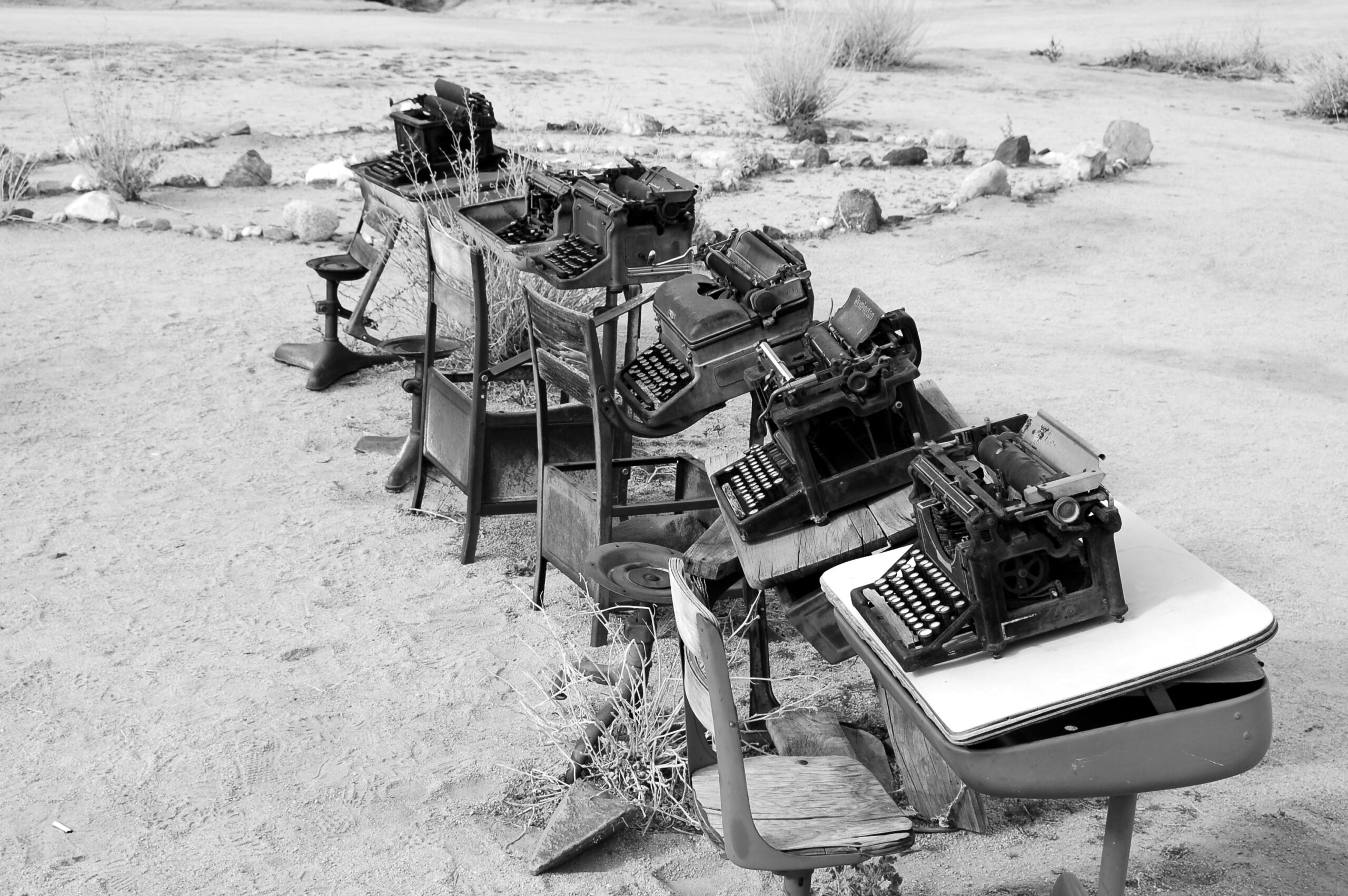Linguistics is an integral part of all our studies programmes. We cover both today’s German and its historical development in research and teaching. A specific focus is on sociolinguistics, the branch of linguistics that examines the relationship between language and society, as well as on variety linguistics, including the topic of multilingualism – especially in view of the plurilingualism constitutive for Luxembourg.
Medieval Studies at our institute focuses on German language and literature from the Middle Ages to the early modern period. This period saw political, religious, and cultural-intellectual developments that have continued to shape Europe to this day, and that constitute the roots of European identity(ies). One such fundamental development is the establishment and transmission of a pan-European written culture and of literary models. Materials (myths, legends) were formed during this period, creating a reservoir of knowledge that define communicative community(ies). Local examples are the Melusine legend and the late-13th-century epic poem “Yolanda of Vianden”, both of which are relevant beyond Luxembourg.
Our special interest lies in diachronic interculturality, as well as in medieval didactics for secondary education. We aim at opening up German medieval studies to both interdisciplinary (media studies, history) and diachronic perspectives.
The study of Modern German Literature deals with texts from the beginning of the bourgeois era in the 18th century to the present day, i.e., from Goethe and Kleist, via Heine and Fontane, Kafka and Thomas Mann to Jelinek and Herrndorf. In our teaching, we aim at fostering hermeneutic competencies through dealing with complex texts, while providing an overview on major developments of literary history in the resepctive cultural context. Our goal is to make unlock the enormous reflective potential of literature for contemporary culture, which today is sometimes overshadowed by the dominance of other forms of media. In fact, we believe that the study of literature is an ideal preparation for understanding new media – and for working with them.
